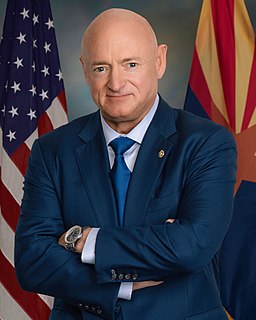A Quote by Nassim Nicholas Taleb
Philosophers talk about truth and falsehood. People in life talk about payoff, exposure, and consequences (risks and rewards), hence fragility and antifragility. And sometimes philosophers and thinkers and those who study conflate Truth with risks and rewards.
Related Quotes
In regard to the philosophers, if they be true philosophers, i.e., lovers of truth, they should not be irritated that the earth moves. Rather, if they realize that they have held a false belief, they should thank those have shown them the truth; and if their opinion stands firm that the earth doesn't move, they will have reason to boast than be angered.
The Bible is a wonderful book. It is the truth about the Truth. It is not the Truth. A sermon taken from the Bible can be a wonderful thing to hear. It is the truth about the truth about the truth. But it is not the truth. There have been many books written about the things contained in the Bible. I have written some myself. They can be quite wonderful to read. They are the truth about the truth about truth about the Truth. But they are NOT the Truth. Only Jesus Christ is the Truth. Sometimes the Truth can be drowned in a multitude of words.
I think one reason is that philosophers are more insecure to speak accessibly because non-philosophers are skeptical that philosophers have any special expertise. After all, all people - not just philosophers - have attitudes and points of view on various philosophical questions, and they rather resent being told that there are professionals who can think about these things better.
Economists and workplace consultants regard it as almost unquestioned dogma that people are motivated by rewards, so they don't feel the need to test this. It has the status more of religious truth than scientific hypothesis. The facts are absolutely clear. There is no question that in virtually all circumstances in which people are doing things in order to get rewards, extrinsic tangible rewards undermine intrinsic motivation.The bonus myth: How paying for results can backfire The world is a dangerous place, not because of those who do evil, but because of those who look on and do nothing.
I think that's something that investment banks have worried about for a long time and are continuing to worry about, but it's not an easy solution when you have lots of people betting the company's money, how do you really allocate those risks? How do you make sure that the people that take the risks are feeling the risks in an appropriate kind of fashion?



































